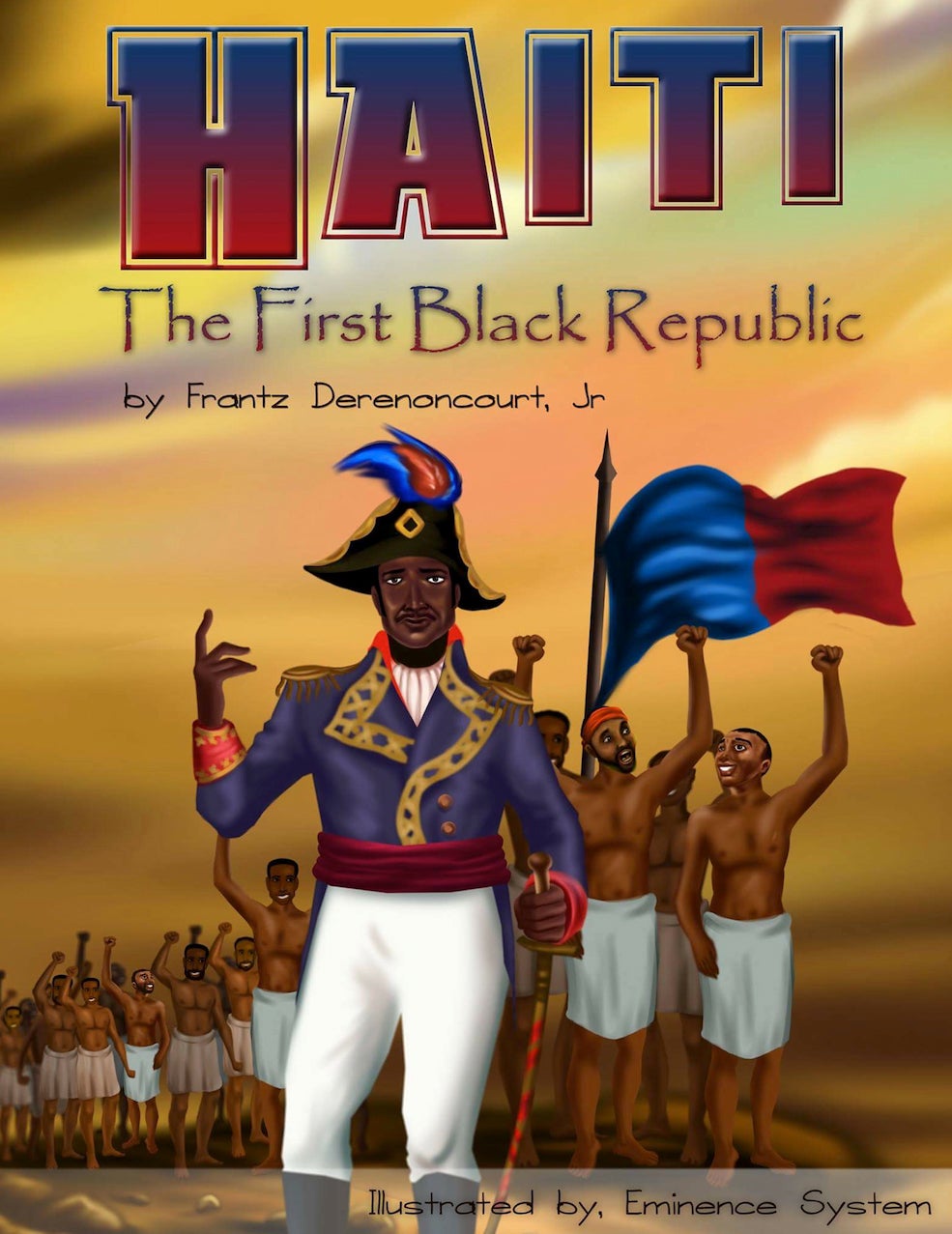
The issue of self discovery — specifically, when searching for your cultural connection to the world at large — is one reason that Frantz Derenoncourt, Jr. decided to become an author with his freshman book Haiti: The First Black Republic, which is inspired by the true events of the Haitian Revolution (1804). “I think it is vital,” he stated, “to learn as much about our ancestors in this modern world because the school system does not teach our history accurately or completely.”
The enslaved Africans that made Saint-Domingue, as Haiti was then known, one of the richest colonies on earth, produced tons of sugarcane, an 18th-century cash crop, and helped sustain France’s pre-revolution economy.
Beyonce Travels to Haiti For United Nations Humanitarian Mission
The brutality of slavery is well-documented and even by those harsh and inhumane standards, the African slave labor in Saint-Domingue’s cane fields were grisly, brutal and described as a place “that would make Angels weep.” Most slaves died young, and in the thousands; they had few children.
In an act of bloody defiance and due to the brave and military genius of legendary leaders like Toussaint Louverture and Jean-Jacques Dessalines, Haiti became the world’s first independent black republic, second independent nation in the Western Hemisphere and the first successful slave revolt in history.
As a Haitian-American and father of two young children, Derenoncourt Jr.,shared that while growing up it “was not popular” to claim your Haitian heritage and that he wanted to change that feeling for his immediate family and our community.
As storytellers it is our responsibility to find ways to share the good news whenever and wherever possible. It was with that spirit that Derenoncourt Jr., began his new creative path.
Published in January of this year, Haiti: The First Black Republic has become a brisk seller for many book stores including Sankofa Book Store and Cafe, located in D.C., which is one of less than 50 Black owned book stores remaining in the United States.
Here is what Frantz Derenoncourt, Jr. had to share about his journey to learn more about his Haitian roots.
Join Chelsea Clinton’s Instagram Takeover For Haiti!
Why did you write Haiti: The First Black Republic?
I wrote my first book to tell more people the story of Haiti’s fascinating history. The Haitian Revolution is not taught in most schools and many first generation Haitian Americans were not told the stories by their parents. I feel that it was an important enough event in history to be told to the masses.
What surprised you about the discovery?
What surprised me was that the revolution was actually very well organized and not a random riot like a lot of people think. The enslaved Africans were meeting quite frequently to plan out the initial insurrections, which is one of the reasons it was successful.
One interesting fact that I discovered while reading Haiti: The First Black Republic both angered and surprised me. It was regarding a debt that Haiti paid for “lost of property” during their fight for freedom.
The “debt” was incurred in 1825, by the president of Haiti at the time, Jean Pierre Boyer, who agreed to pay France reparations in the amount of 160,000,000 francs for the loss of their “property” which was the enslaved Africans. The amount was later reduced to 90,000,000 francs but the debt caused a devastating economic impact on the new republic. Haiti was only allowed to take out loans from French banks at enormous interest rates and loan fees. The debt was paid in full in 1947 but the damage was already done. That is roughly 20 billion dollars by today monetary standard.
Haiti: The First Black Republic is out now.
WANT MORE FROM ESSENCE? Subscribe to our daily newsletter for the latest in hair, beauty, style and celebrity news.





